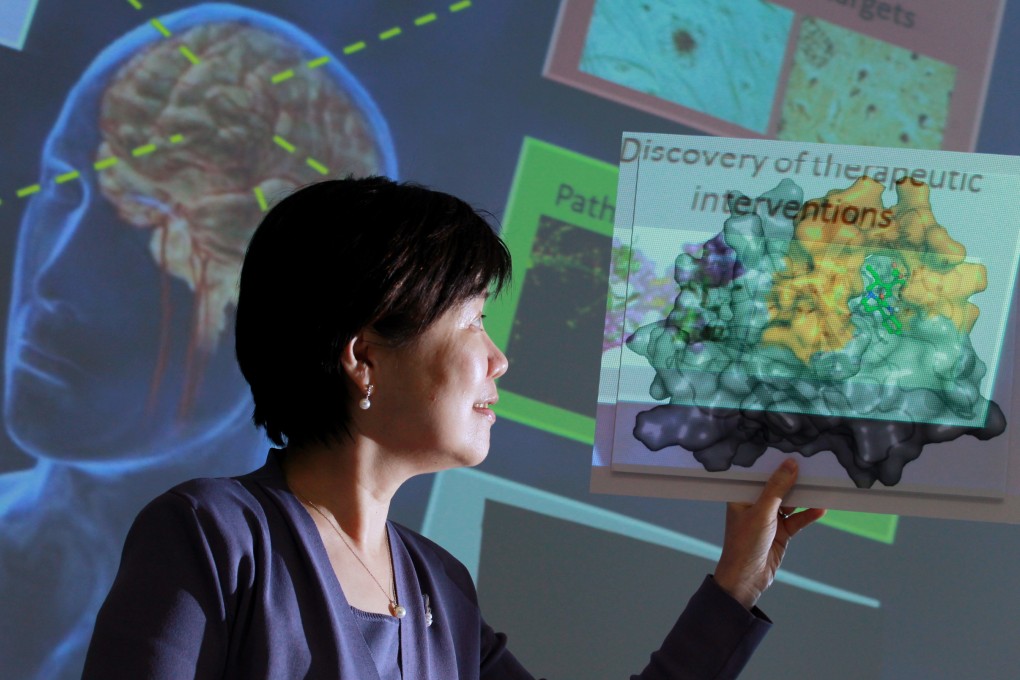Hong Kong academics must do more to justify taxpayers’ money spent on research
Paul Stapleton says academics must meet the challenge of engaging with the public to better explain why research is important and meaningful

Academic staff at Hong Kong universities have just finished making the final tweaks to their grant proposals for this year’s round of submissions. Next summer, the results will be announced and more than HK$2 billion of public money will be awarded to the various disciplines.
As may be expected, the bulk will go to scholars in the physical sciences. This is because research in fields such as medicine, metallurgy and pharmacology require expensive equipment and laboratories. In the meantime, the humanities and social sciences, with notable exceptions such as psychology, have less need for big budgets.
With these enormous sums coming from the public coffers, taxpayers may wonder whether they are getting good value for money. In the case of research arising from the physical sciences, the results may be assumed by the public. For example, we are frequently reminded of the benefits of research in medicine. Likewise, we may intuitively realise that our mobile connectivity comes from a combination of improvements in computer science and materials design, all based on incremental advances often founded on research in universities.
However, in the humanities and social sciences, the public may be less certain or even sceptical of the gains, especially when each field is increasingly specialised, and either couched in impenetrable statistics or full of arcane literary theories.
Also, under the present system, people will continue to wonder because the two ultimate goals of researchers are to publish their findings, often in turgid prose, in password-protected journals read only by their peers, and to succeed in yet more requests for funding. And not always in that order.
This begs the question of accountability. If humanities scholars and social scientists were forced to make their findings accessible to the public, the community would benefit: first, knowledge would be transferred and people would have a better understanding of how their money is being spent. Second, the public would be able to better assess the worthiness of the research and findings.